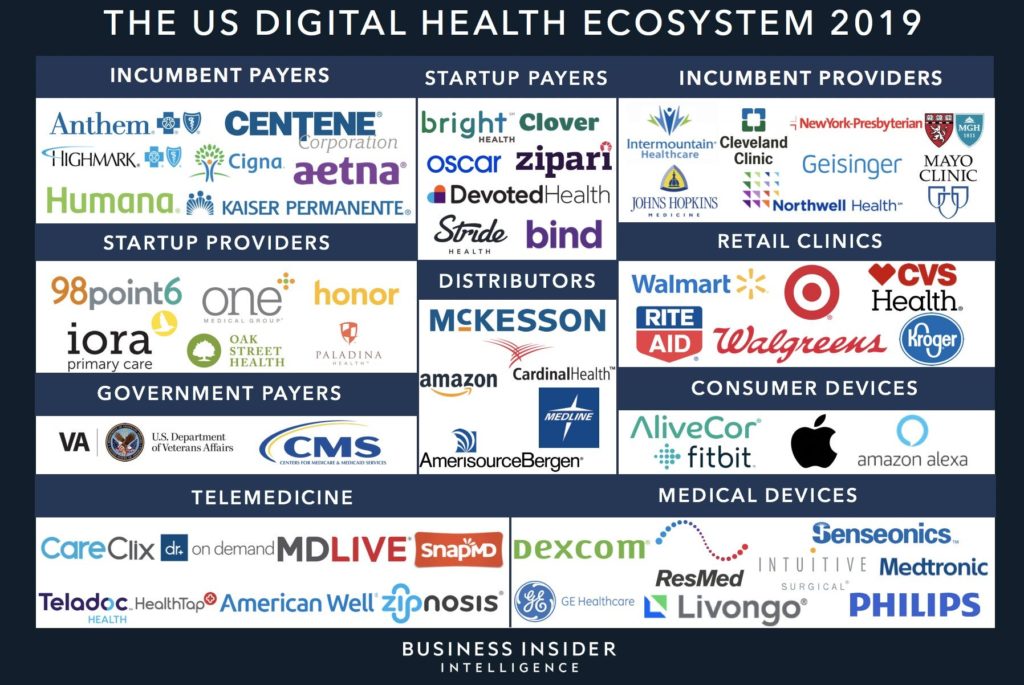Digital health is all the buzz these days, but how do you know which digital health opportunity is the best one to pursue for your brand or organization?
Pharma and digital health companies can both benefit from an effective and meaningful partnership. Pharma will benefit from working with a nimbler partner, with the talent and experience to build technology solutions quickly, allowing them to bring innovation into a larger, typically slower moving organization. Digital health companies often have access to more and better data on healthcare stakeholders, allowing pharma to gain deeper insights into their customers.
Digital health companies who may lack the depth of experience in selling and marketing products to healthcare stakeholders can benefit from pharma’s experience and established processes and infrastructure for getting a product to market.

Once you’ve identified that working with a digital health partner is an area of interest, finding and fostering the right partnership can be challenging. Based on our experience working with our life science clients to partner and execute digital health programs, here are a few considerations for a successful partnership:
1. ALIGNED GOALS AND ROADMAP
As with any partnership, having aligned goals from the start is key. Goals can include, goals for your customers (patients, providers, payers), goals for your company, or goals specific to the program/partnership. It’s important to discuss all the potential goals you may have and ensure that both partners are aligned.
Having an aligned roadmap is less obvious, but we have seen many partnerships fail because their long-term objectives were not aligned. As a result, the partnership dissolved because they were moving in two different directions. Most digital health companies have limited resources and need to focus on their priorities. Ensure that their priorities are aligned with yours so that you are building towards a common future.
2. CULTURAL FIT
Another important factor for a successful partnership is the cultural fit. How quickly does the partner want to move? How nimble and flexible are they with new ideas or changes in direction? Do their strengths and weaknesses complement your organizations? One of the most common dissatisfaction in a partnership is when the partner is expected to perform a task (e.g. user research, UX design) that may not be aligned to their strength, and as result, pharma is unhappy with the end product. Exploring each partner’s values and capabilities and ensuring alignment at the beginning of the relationship will help avoid conflicts down the road.
3. LEADERSHIP SUPPORT
Although many brand teams and organizations within a life science company may dabble in innovation, innovation doesn’t stick unless there is investment in time and resource at the executive level. Not only from our experience, but from speaking with other pharma innovation leaders, the digital health initiatives that were most successful were the ones where leadership saw the value and was personally involved in ensuring that the partnership was a success. This included meeting regularly with the partner as well as supporting the development of innovation goals and capabilities at the organization level. Before spending too much time developing a partnership, it would be worth doing a business case and selling it in internally to ensure that you have the right support to successfully launch your innovation project with your digital health partner.
Finding the right partner is not always an easy task, but well worth the effort and investment long term.
What other recommendations would you have for life science companies looking to find a digital health partner? From your experience, what are some key factors that made your partnerships a success?